Presenting Shamanic Snuff – Haux Haux
Haux Haux embodies a sacred recipe passed down by a Txai (brother) from the Huni Kuin tribe of Brazil. Crafted with a blend of organic Moi and Sabiá tobaccos, along with Tsunu ashes, this blend is enriched with indigenous herbs such as Clavohuasca (Tynanthus elegans), yunu, and a vine known as heart of the boa due to its heart-shaped leaves.
According to tradition, heart of the boa is revered for its influence on the heart chakra and its physical benefits for the heart. Known as Veia de Pajé, or Shamans Vein, it signifies its significance in shamanic practices and healing rituals.
Clavohuasca
Clavohuasca, the Clove vine, or Cipo Cravo, serves as a natural analgesic and stimulant. In Brazilian Umbanda mediumship, it is utilized for purifying the subtle bodies through herbal baths. Additionally, it is esteemed for its culinary and tea-making properties.
Haux Haux
The term ‘Haux’ holds profound significance in Huni Kuin or Kaxinawa cosmology. It is chanted at the initiation and culmination of prayers or healing ceremonies by shamans. According to their beliefs, ‘Haux’ was the primal sound emitted by Yuxibu, the mythical boa constrictor and creator figure, during the act of creation.
Yuxibu is revered as the teacher of medicine and spirituality among their people. While ‘Haux’ has gained popularity among enthusiasts of indigenous culture, it remains a word of power, traditionally reserved for sacred rituals, prayers, and healing rites. Some elders caution against its casual use, emphasizing its solemn invocation and vow. When a medicine man intones ‘Haux Haux ‘ at the outset of a healing or prayer, it signifies a commitment to serving as a conduit for higher powers.
Txai
The term ‘Txai’ originates from the Pano linguistic tradition of South America and is commonly used by indigenous peoples, particularly the Huni Kuin (Kaxinawá) tribe, as a form of greeting denoting affection and respect. Rooted in the Hatxa Kuin language, ‘Txai’ originally conveyed the mutual recognition of oneself in the other. Over time, its usage has expanded to symbolize a genuine spirit of alliance between indigenous communities and their allies in the Western world.”

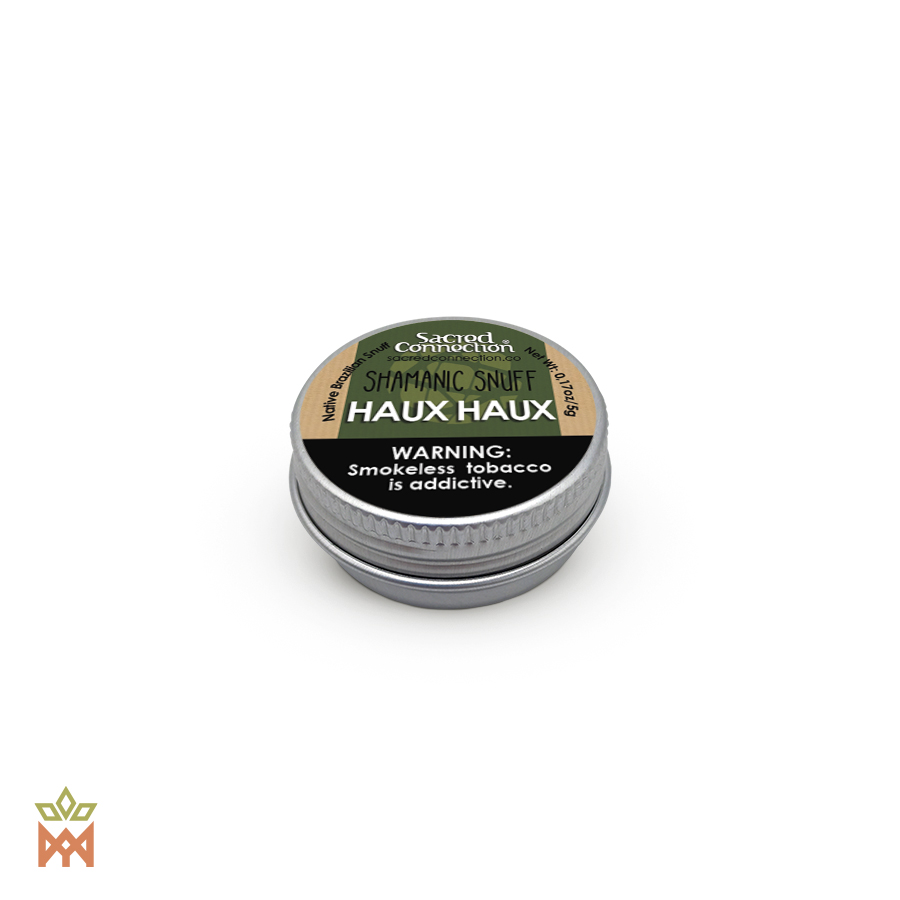

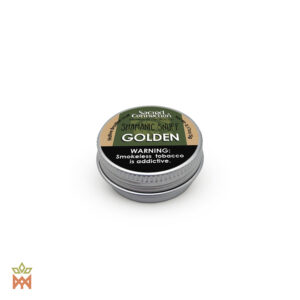
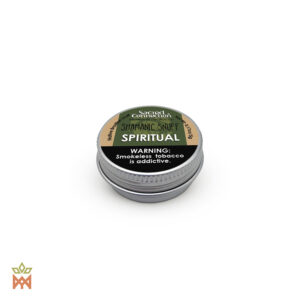
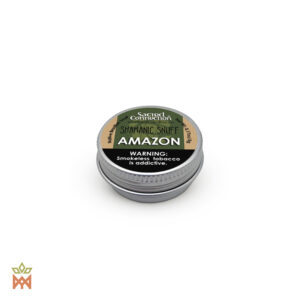
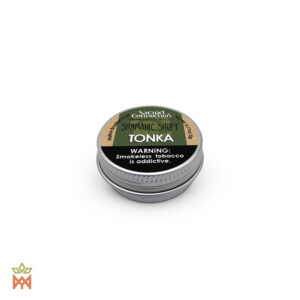
Reviews
There are no reviews yet.